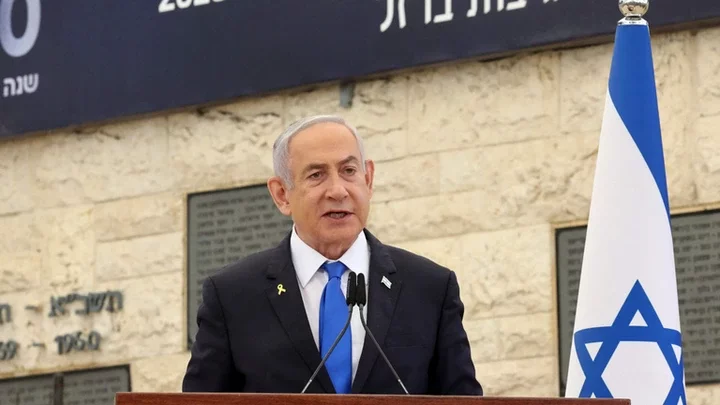
According to The New Arab, After over two months of devastating conflict, a ceasefire between Israel and Hezbollah came into effect at 4 a.m. local time (0200 GMT) on Wednesday, marking a tentative pause in a war that has left thousands dead and displaced 1.3 million people.
While the agreement has been welcomed by many nations, tensions remain high as both sides issue warnings and maintain a cautious stance.
Ceasefire Terms.
The truce includes a phased Israeli withdrawal from southern Lebanon over the next 60 days, with the Lebanese army and UN peacekeepers assuming control of the region. However, Israeli Prime Minister Benjamin Netanyahu has asserted that Israel retains the right to act unilaterally should its security be threatened.
Lebanese Response.
Lebanese leaders have expressed relief over the ceasefire. Caretaker Prime Minister Najib Mikati described the conflict as one of Lebanon's most cruel phases and called for national unity.
Mikati emphasized the Lebanese army's role in maintaining security in the south and urged Israel to honor the agreement.
Parliament Speaker Nabih Berri encouraged displaced Lebanese citizens, both domestically and abroad, to return home. "This is a time for rebuilding and reclaiming our lands, he stated. Many residents have begun returning to previously evacuated areas, despite Israeli warnings about potential hazards.
Hezbollah, while not directly involved in negotiating the ceasefire, has yet to issue an official statement. Parliament Speaker Berri reportedly mediated on behalf of the group.
Israeli Position.
Prime Minister Netanyahu thanked U.S. President Joe Biden for his role in securing the truce but warned that Israel's restraint hinges on developments in Lebanon.
Netanyahu reiterated Israel's focus on Hamas and what he described as the Iranian threat, emphasizing that any violation of the ceasefire could prompt military action.
Iran's Stance.
Iranian Foreign Minister Abbas Araghchi cautiously welcomed the ceasefire, expressing hope for regional stability. However, he stressed that Iran reserves the right to respond to any Israeli aggression, particularly following Israeli airstrikes on Iranian-linked targets in October.
Araghchi remarked, "The path to lasting peace requires mutual respect and accountability for past provocations.
Hamas and Palestinian Authority.
Hamas, while not directly involved in the Lebanon conflict, welcomed the agreement as an opportunity to redirect international focus to Gaza.
Hamas official Sami Abu Zuhri stated, "We respect Hezbollah's efforts to protect its people but hold Netanyahu accountable for the failure to secure peace in Gaza.
The Palestinian Authority also praised the ceasefire but called for global pressure on Israel to halt its military actions in Gaza and the West Bank. They urged the enforcement of UN resolutions advocating for a ceasefire in Gaza and the protection of Palestinian rights.
Reactions Across the Middle East.
The ceasefire has drawn varied reactions across the Middle East. Yemen's Houthi movement hailed Hezbollah's resilience, with spokesman Abdul Salam Salah stating, "The Israeli enemy would not have submitted without facing unwavering resistance.
Iraq called for urgent international action to prevent further escalation in Gaza, while Jordan welcomed the truce but underscored the need to end Israeli aggression in Palestinian territories.
Qatar expressed hope that the ceasefire could inspire similar agreements in Gaza and the West Bank, and Turkey called for a permanent truce, offering support to Lebanon during its recovery.
Western Leaders and the UN.
European Commission President Ursula von der Leyen described the ceasefire as a positive step, citing its potential to enhance regional stability.
France's Foreign Minister Jean-Noel Barrot highlighted his nation's historic ties with Lebanon and its role in facilitating the agreement. Italy's Prime Minister Giorgia Meloni echoed these sentiments, commending efforts to broker peace.
In the UK, Prime Minister Keir Starmer called the truce long overdue and emphasized the need for a sustainable political solution for Lebanon and the broader Middle East.
UN Special Coordinator Jeanine Hennis-Plasschaert stressed the importance of full commitment from both parties, warning that violations could jeopardize hopes for lasting peace.
U.S. Leadership.
President Joe Biden welcomed the ceasefire and pledged U.S. efforts to negotiate a similar deal for Gaza, aiming to release hostages and bring an end to the war. "This is a crucial step toward broader regional peace, Biden said, adding that the U.S. will continue to support efforts to stabilize Lebanon.
Looking Ahead.
While the ceasefire offers a momentary reprieve, the underlying issues remain unresolved. With Israeli and Lebanese leaders voicing conditional commitments, the potential for renewed conflict looms.
Observers urge regional and international actors to address the root causes of the violence, emphasizing that only through dialogue and accountability can lasting peace be achieved.
For now, the world watches anxiously, hoping the fragile truce holds.

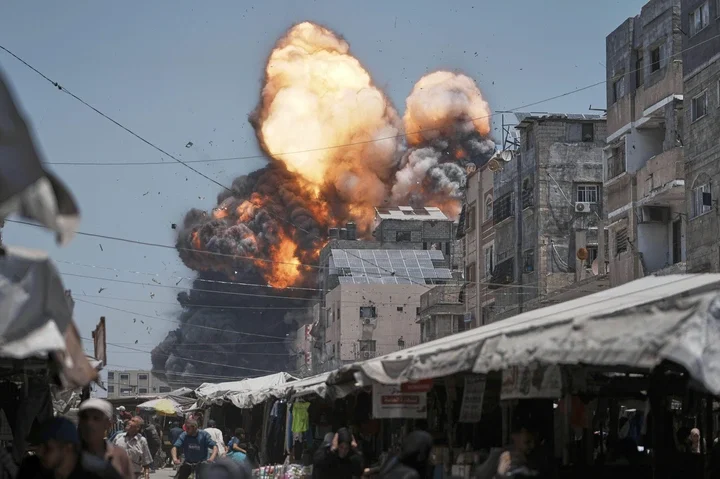
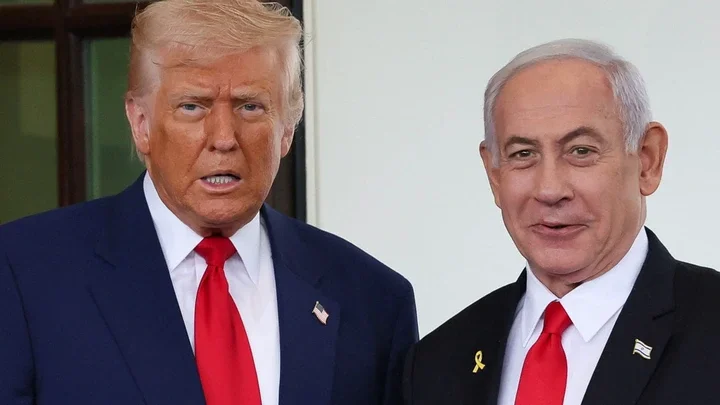
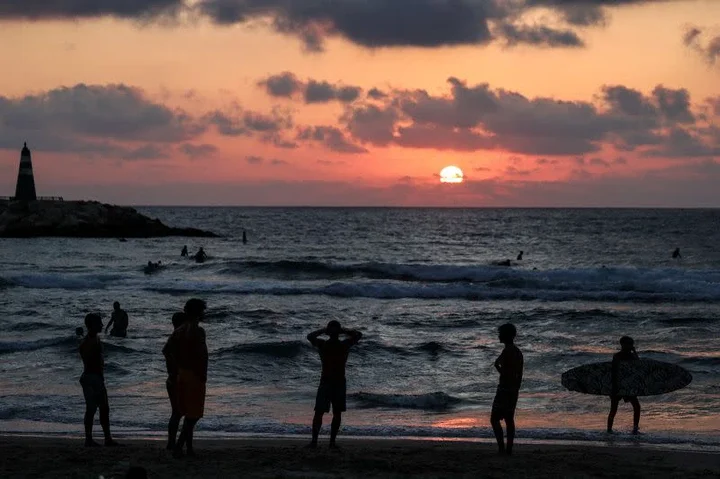
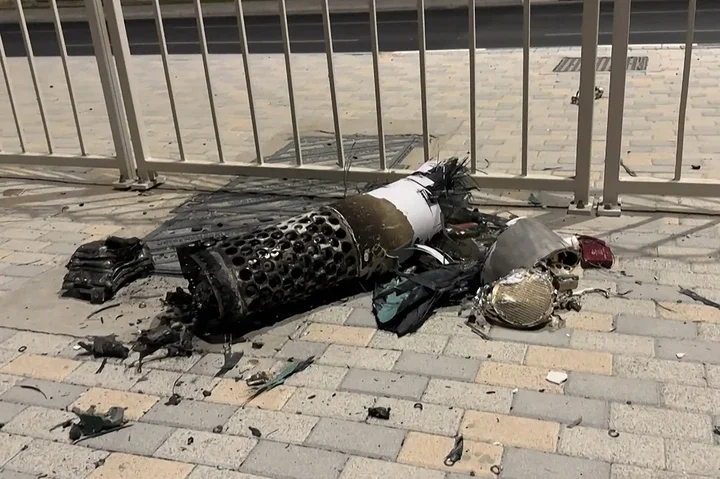
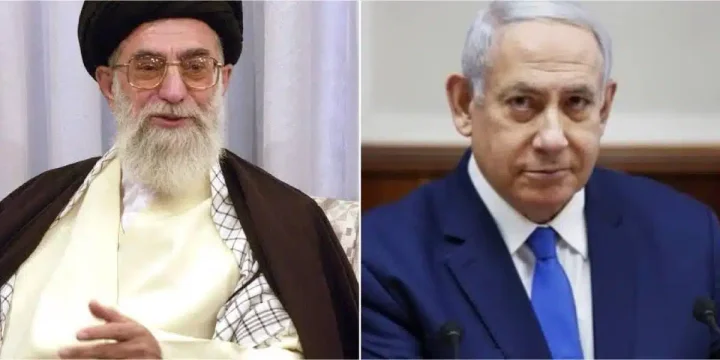
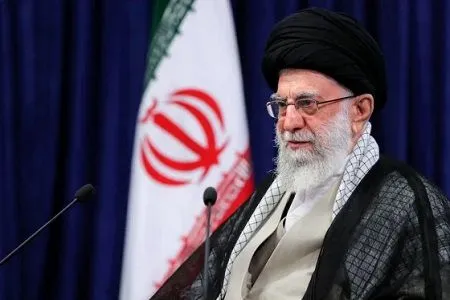

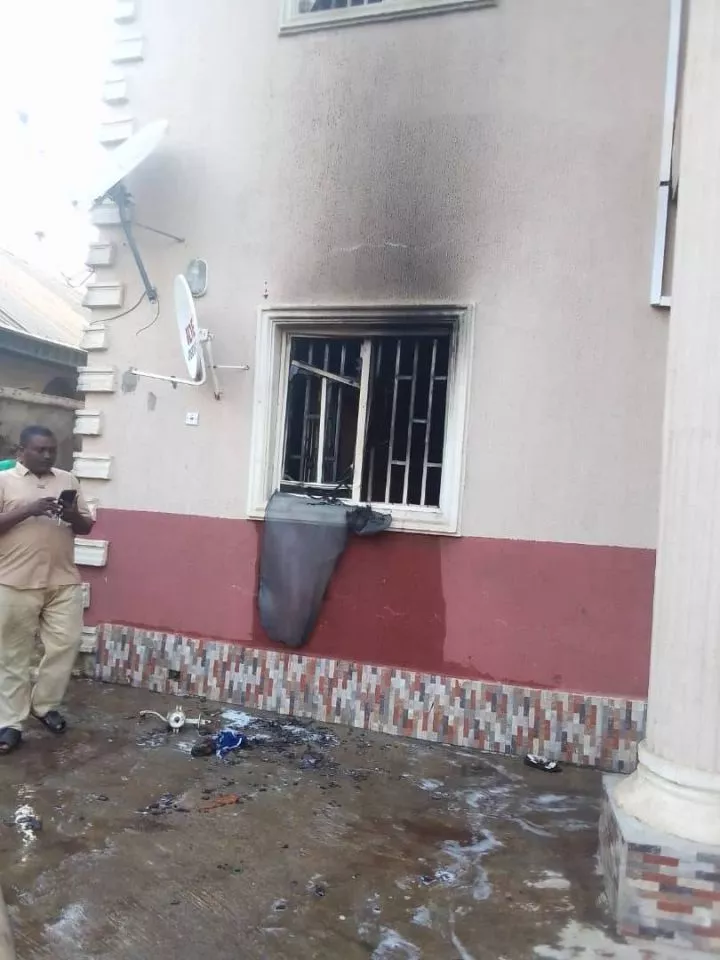







Comments